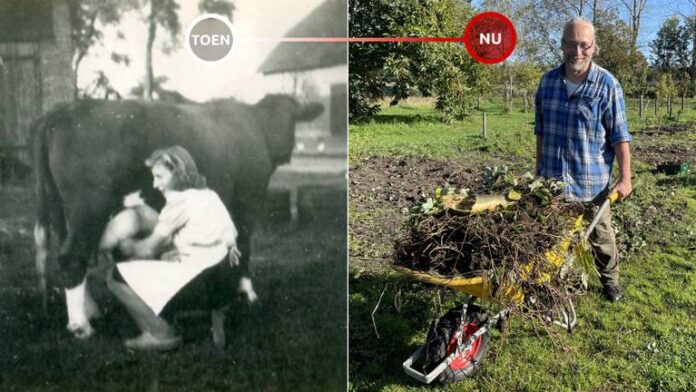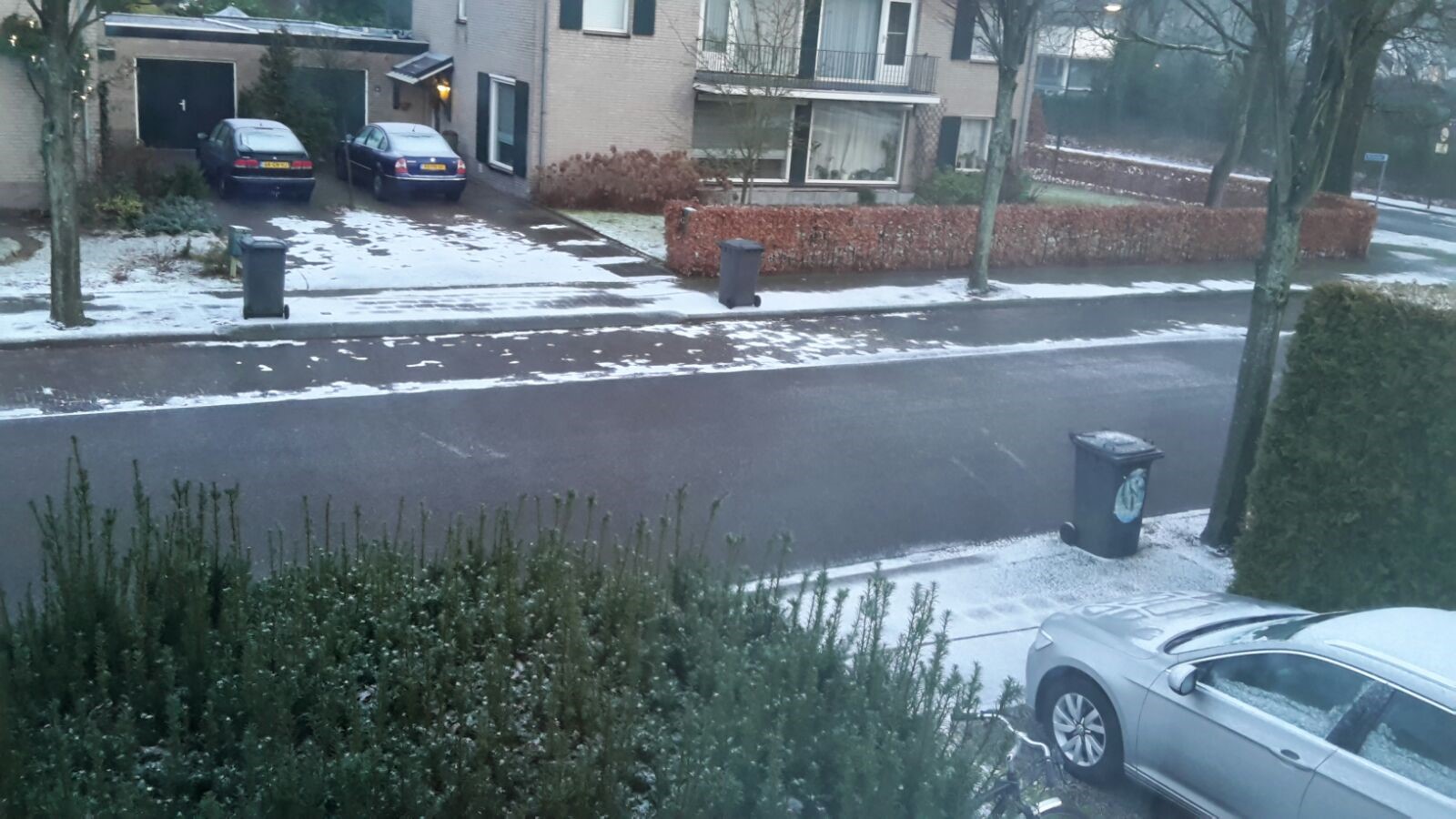Grow your own vegetables, make your own clothes and trade things with your neighbours. More and more people adopt an autarkic lifestyle, as in ancient times. These days, a rejection of capitalism or the wish to avoid high energy prices drives their motivation. Like with Nieuw West Brabant, a cooperative of people and entrepreneurs who want to get all their provisions from their own region.
Vincent de Wolff firmly digs into the ground a few times with a pitchfork. After some prying, he pulls out what looks like a big cabbage. “This is yacon,” he explains, “a cabbage variety from Peru, also known as ground apple. It has a very fresh taste. But we grow much more here”.
Vincent is helping to build cooperative Nieuw West Brabant. He is the owner of Sophia’s Garden in Oosterhout. Enthusiastically, he walks around in big green boots. “Here are winter carrots and parsnips and leeks grow over there,” he indicates.
“This is self-sufficient XL.”
Sophia’s Garden is one hectare in size. About sixty different vegetables are cultivated there. Vincent explains: “A lot of the vegetables we eat in the winter come from Spain or Portugal. Many miles from here. That’s why they are expensive. With food grown locallylocally, transport costs are not a factor.”
Vincent thinks it is even more important that food is produced more sustainably and that people know where their food is coming from. “You often don’t know in the supermarket. But here you can see how food grows”. There is also a disadvantage. “You have to eat what grows at that time, with the seasons. That means that you don’t have rocket salad on your plate in the winter, but beets”.
About 150 families from the region currently buy their vegetables from Vincent. Mainly from Oosterhout, Breda, Rijen, Dongen and Dorst. “That’s great, because we try to be self-sufficient locally”, Vincent explains. “So we produce food with people from the neighbourhood for people in the neighbourhood. This is how you get a sustainable, healthy society. This is a first step towards that goal. I really think this is the future. This is self-sufficient XL”.
“That is the past, but also the future.”
Vincent sells his vegetables in a small shop near the garden. The shelves also have bread from the local bakery and potatoes from a local farmer. “I like that people can see where their food is coming from. And that they no longer have to go to a supermarket, but can get everything in their own region”.
It’s a little bit like the old days. When asked if everything was better at the time, Vincent laughs: “Not everything was better in the past. I am very happy that I live in this day and age. We are not going back to square one, but we are using the best of both worlds. The time is now to go back to a kind of self-sufficiency. It is the past, but also the future”.
Source: Omroep Brabant
Translator: Martijn











